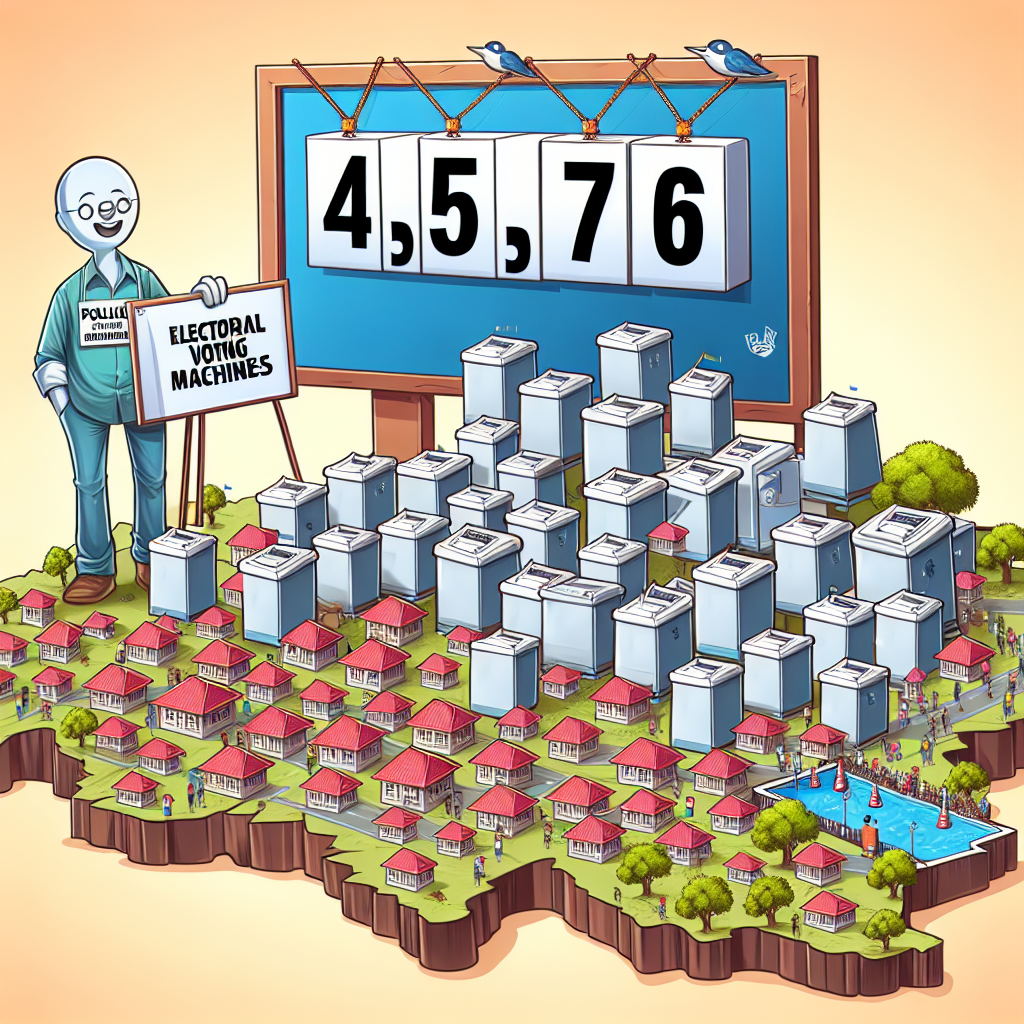Syria's Path to Democratic Transition: A Challenging Road Ahead
Ahmed al-Sharaa, Syria's de facto leader, reveals it could take up to four years to hold elections post-Assad's ousting. The drafting of a new constitution might take three years, while the future political landscape hangs in balance between Islamist rule and democratic transition, amid strategic ties with Russia.

Ahmed al-Sharaa, the de facto leader of Syria, has outlined a potential four-year timeline for holding elections following the ousting of Bashar al-Assad earlier this month. In an interview with Saudi broadcaster Al Arabiya, Sharaa suggested that drafting a new constitution could take up to three years. He also estimated that significant changes in Syria would take about a year to materialize.
As the head of the Hayat Tahrir al-Sham group that overthrew Assad on December 8, Sharaa aims to reassure neighboring countries of Syria's shift from Islamist militancy. Despite the end of a 13-year civil war, questions remain about Syria's multi-ethnic future, complicate by foreign interests from nations like Turkey and Russia.
While Western nations have largely welcomed Assad's fall, uncertainty lingers over whether strict Islamic rule will be imposed or if Syria will transition towards democracy. Sharaa indicated HTS's dissolution at an upcoming national dialogue conference. HTS, formerly linked to al-Qaeda, seeks moderation and promises to protect minority groups, emphasizing cooperation with Russia and hoping for the lifting of U.S. sanctions.
(With inputs from agencies.)
ALSO READ
Russia's Strategic Missile Arsenal Expansion: A New Era of Defense
Ukraine's Stand on Gas Transit: No Extensions for Russia
IMF Greenlights $184 Million for Zambia
India Fights to Avoid Follow-On as Jadeja and Nitish Steady the Ship
Tripura Woos Investors: CM Saha Highlights State's Growth Potential at Mumbai Roadshow










